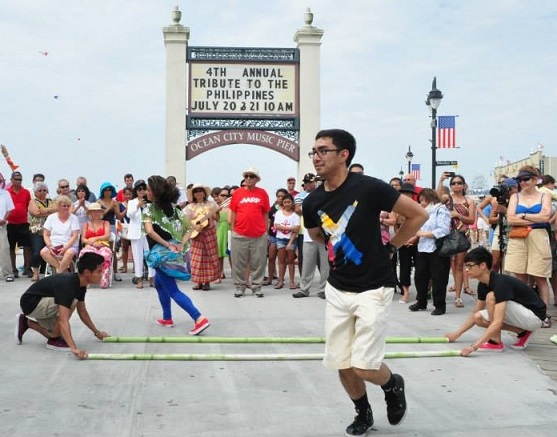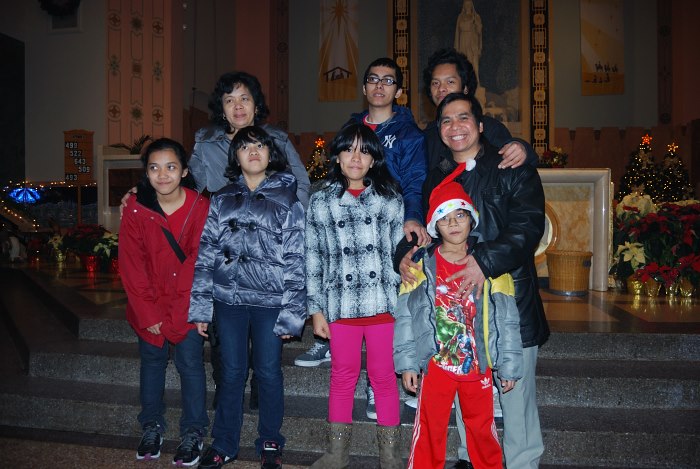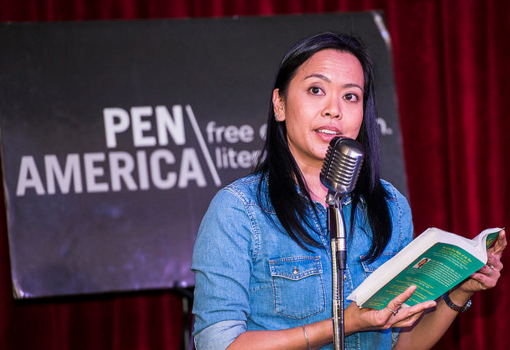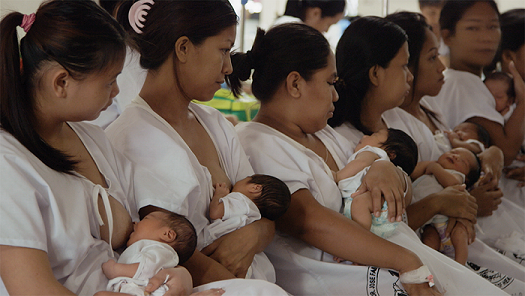Military wife warns of ‘tensions’ as communist leaders assume power in the Duterte administration
By Ludy Astraquillo Ongkeko, Ph.D.
Twenty-four hours after the May 9th national elections, Davao City Mayor Rodrigo Duterte appeared on the scene as he sealed victory with the ballot count that placed him more than five (5) million votes ahead of his closest rival who had already conceded defeat to the Mindanao-based presidential candidate.
As the numbers continued to grow, there were all kinds of queries that surfaced: the risk of regime change; how investors would view the new leader’s now well-known ‘reckless’ statements and even fast-spreading ‘controversial profile,’ as word spread around that warned ‘instability.’
Duterte’s policy agenda on business issues appears to be considerably less detailed than those presented by his rivals. He has maintained his repeated advocacy of amending the constitution to relax restrictions on foreign ownership of all corporations except land. Vowing to open new sectors leading to utility growth, foreign investment is not discounted by Duterte in that regard.
What this writer, a Filipino who still calls the land of her birth her ancestral home, is concerned about is a regime change.
As a military wife in her past life, there was no other branch of service that invited regime change as put into action by the Armed Forces of the Philippines (AFP) whose mission was to keep the country safe from the enemies of democracy.
It was a given that as soon as Philippine Military Academy graduates were conferred their initial ranks in the AFP, their mission was in cement: to keep the people safe from the insurgency that communism had attempted to establish all over the archipelago.
The president-elect has not refrained from his pronouncements about a major leadership shake-up and offerings of concessions to the political branch of the New People’s Army (NPA) communist insurgency, all viewed at reviving peace talks.
Therefore, where is the focus on the role of the AFP? Will those who have been fighting the insurgents stay away physically?
As news reports have touched on the military aspects, Duterte, it appears likely, has refrained from a purge of the senior ranks of the AFP. There has likewise been a guess that even so-called leaders of the outgoing president’s successor will be appointed to positions of great responsibilities within the military.
Gleaning from day-to-day announcements about appointments by the president-elect, it is not surprising at all that he has drawn from those he felt have proven their loyalty and dedication to his own beliefs in the ‘how to’ in running a machinery that was his for some 22 years as a city mayor.
The tone of relations between Duterte and the AFP is one that bears watching. One facet would be how he will respond to inevitable criticism in the local media; he’ll continue to back violent crime-suppression; his reaction to dealing with voices from the international community that heard him during his electoral campaign in regard to how he dealt with a rape case won’t be cast to oblivion, not yet, anyway. It won’t be surprising at all if Duterte proceeds to back those actions under the genre of violent crime-suppression.
What will be easy to predict would be the increase of regulatory and political stability risks were Duterte, as the chief executive who has promised tremendous future possibilities, fail to deliver in key policy areas owing to the fact that much is expected from his vaunted avowals. The first year of the Duterte administration will be telling.
It is easy to see that if the above would happen, if Duterte loses support, although a little quantitatively, and, as he has shown, reacting with anger to his critics, then it would be potentially lapsing into a populist-authoritarian style of governance that would lead to a disappointing less stable administration.
Likewise, tensions with the military leadership are bound to arise. Of course, there is little risk of any other form of intervention in the very near future unless the Duterte administration will fail in a dismal manner on numerous fronts.
Six years will either be there for the long haul or otherwise if the president-elect will live up to what he has avowed: immediate change within the briefest possible time.












